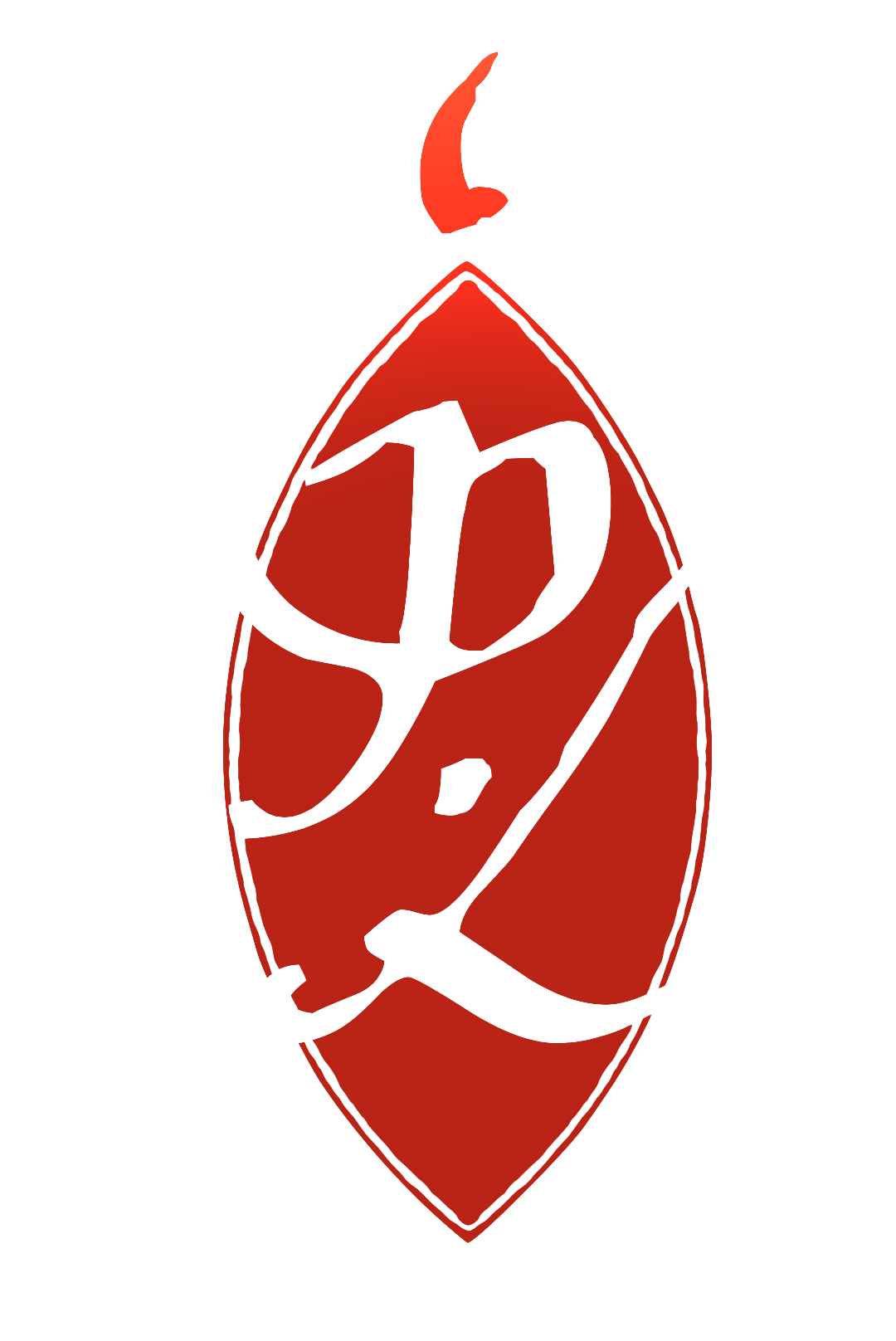
Paralibrum.
An independent home for bibliophile occulture

Scroll to read or search our library of book reviews.
By keyword, author, publisher or year.
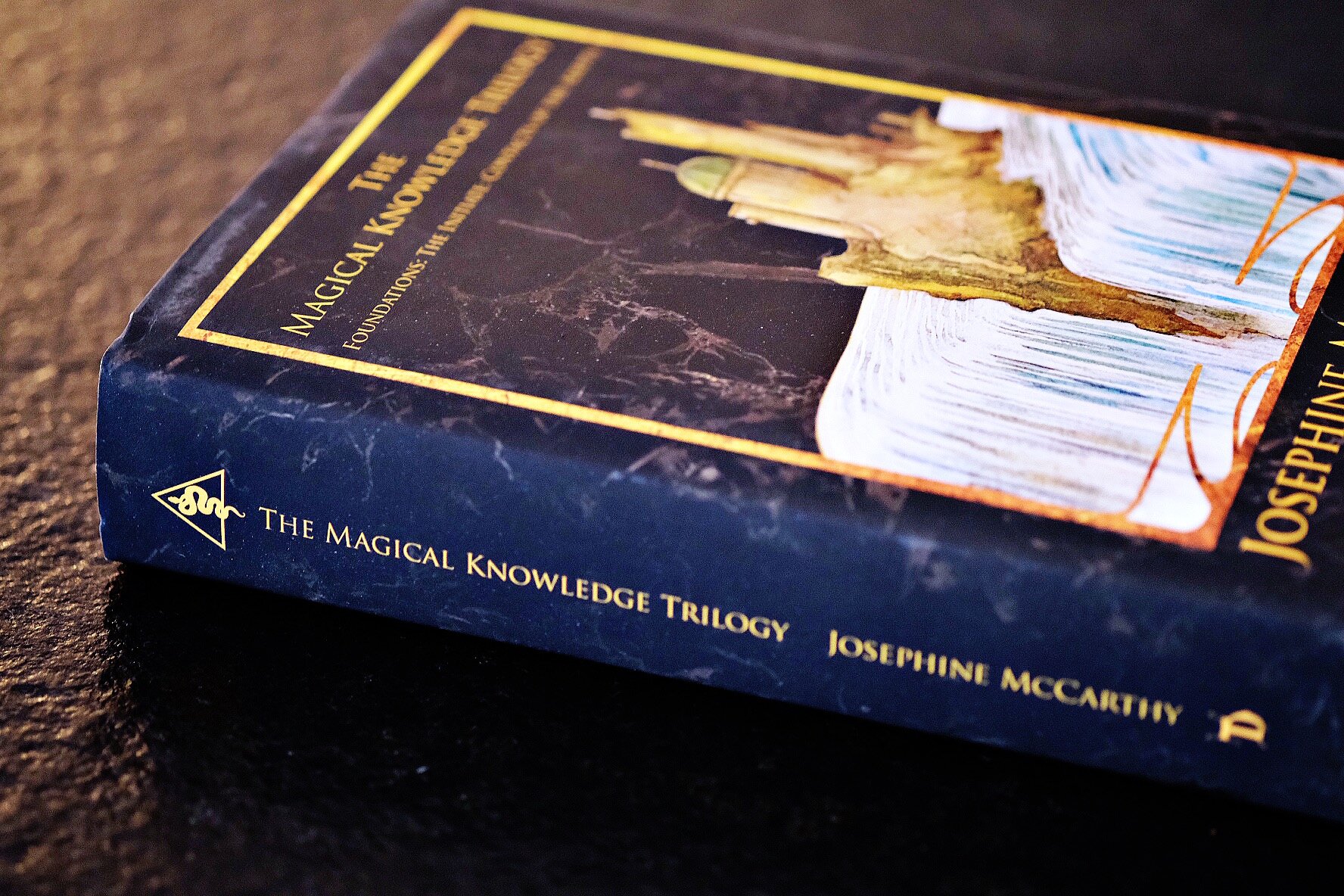
‘The Magical Knowledge Trilogy’ by Josephine McCarthy
This book is such a great “take-no-bullshit” approach to magic, and in addition it gives so many great tools for establishing “inner world” and “outer world” contacts […]. And this is another astounding facet of The Magical Knowledge Trilogy: it is a book that wants you to disagree with it here and there, so you can chisel out your uniqueness more and more precisely as you advance through the lessons and suggestions presented abundantly here.
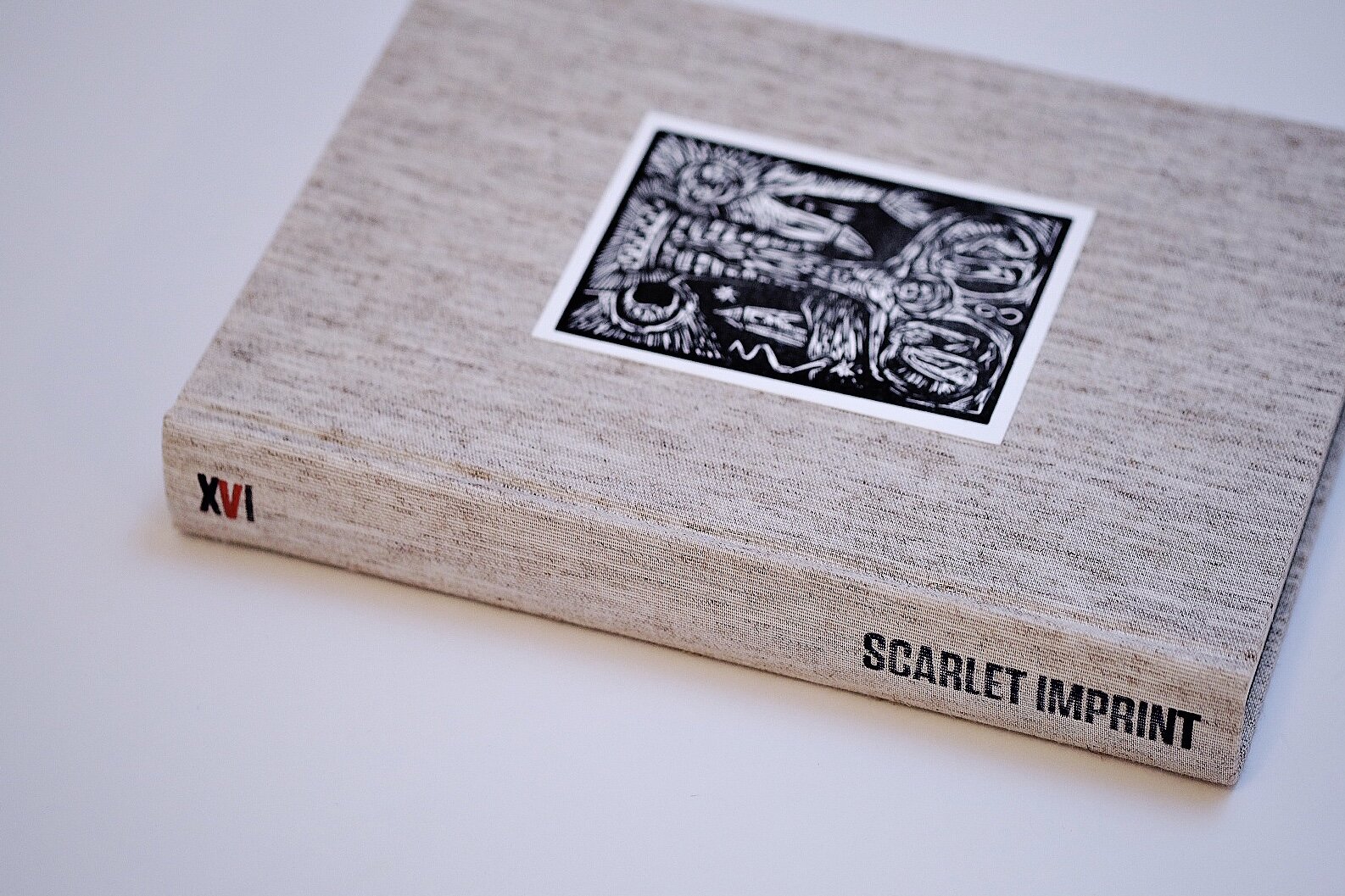
‘XVI. Bringing Down the House of God.’ edited by Peter Grey and Alkistis Dimech
[…] Essays in the collection address an array of contemporary crisis situations and calamities and correlate their impact and meaning with the symbol of the fallen Tower. The opinions are diverse and the views often verge on disturbing: there is certainly nothing in the book that would be acceptable to everyone, and that is as it should be. The overall message is however clear: it’s the end of the world as we know it, whether we like it or not.

‘Black Abbot · White Magic’ by Frater Acher
[…] In addition to the bibliophilia edging into bibliomania, Trithemius’s other interests included cryptography, talking to angels, rummaging through grimoires, reforming the church and education, and social climbing. Like many of the Humanists and magi before and after him, he “desired to know all that could be known.”

‘Practical Sigil Magic’ by Frater U∴D∴
Becoming an instant classic when the English translation was released in 1990, Practical Sigil Magic: Creating Personal Symbols for Success by Frater U∴D∴ remains the most accessible and, yet, the most thoughtful work on the subject.

‘The Planets Within’ by Thomas Moore
The Planets Within is a book relevant for anyone interested in astrology, psychology and Renaissance magic. It is a book that gives a great idea of how the Renaissance magus thought about the world and how all things were connected for these practitioners of the art who impacted modern occultism in the form of Hermetica, the making of talismans and traditional astrology.

‘Freemasonry: Rituals, Symbols and History of the Secret Society’ by Mark Stavish
Stavish goes one better than most books on occult history: with each chapter he provides a list of supporting texts – both scholarly and etic as well as experiential and emic. His pedagogical style is admirable. He presents each chapter’s material, then a summary of key points and books to consult. And more. The genius of this text is in the more.

‘A Sand Book’ by Ariana Reines
I’ve been reading this book for a couple of weeks now, like any collection of poems; it’s quite an intense journey and best accomplished in manageable sections. […] Maybe it’s my imagination but it does read like a continuous narrative, I’m guessing its talented author intended it so. It feels like being a fly on the wall in the author’s magical playroom or reading the record that magicians often keep.

‘A Book of Deviations’ by David S. Herreías
A Book of Deviations is a deliberately understated publication, short and concise, coming up to 22 pages only, saddle stitched and self-released by the author without any grandeur, but so low key that many of us might actually not yet have heard about it. Most importantly though the instructions DSH gives on its 13 pages of text shine with pristine clarity as well as practical relevance to any lone practitioner. This is a book for all of us, and especially I’d say it is a book for magicians who are engaged in shadow work.
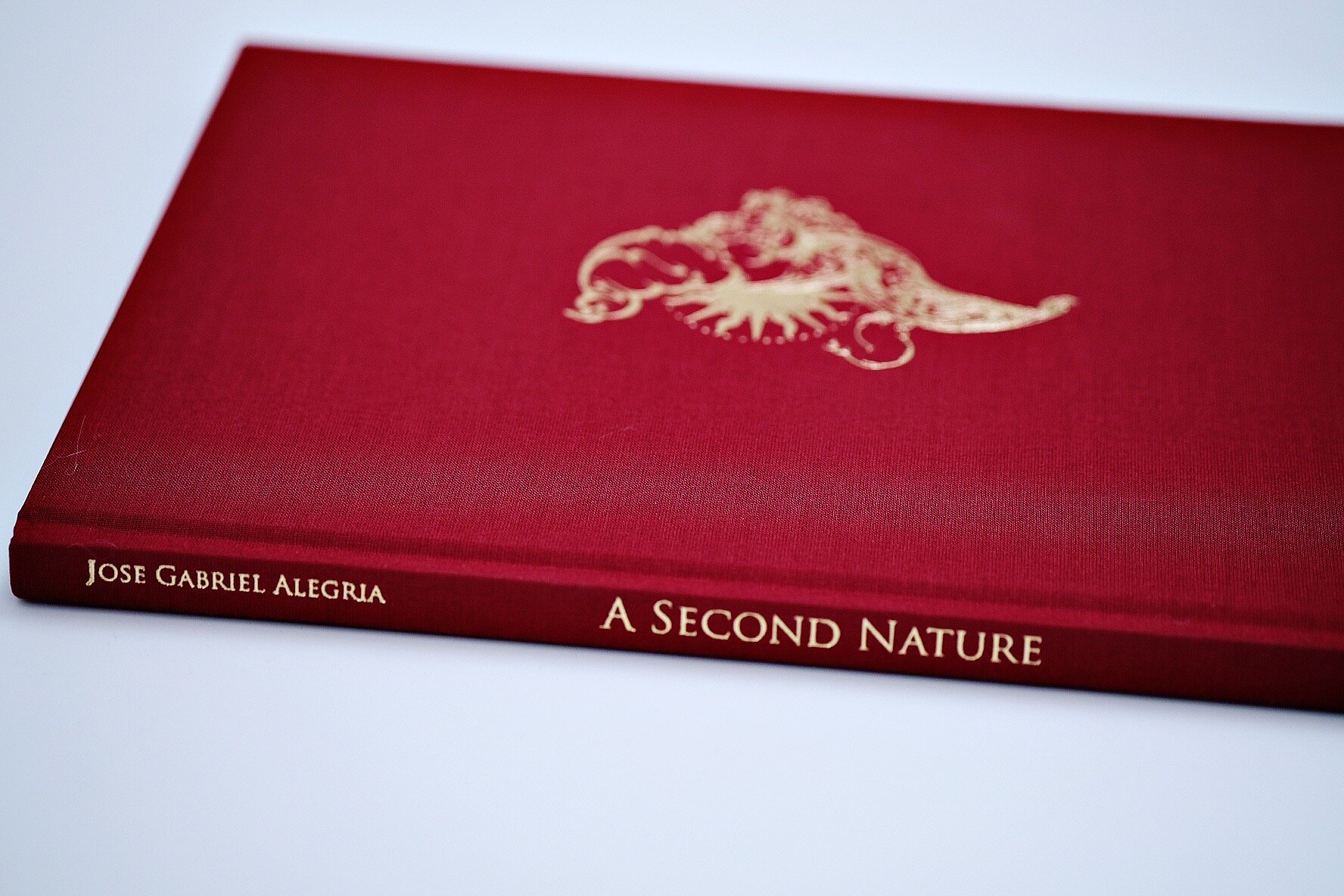
‘A Second Nature’ by José Gabriel Alegría Sabogal
A Second Nature is the second book by artist José Gabriel Alegría Sabogal (JGAS) and features a pristine selection of drawings and paintings collected over the relatively short period from 2014 to 2016. Right upon opening the book we realise that it can be read in many different ways. Whichever access route we choose though, once we delve into its manifold visions of the daimonic – some perfected in beauty, some in grotesqueness – we should be prepared to tremble.

‘Pathways in Modern Western Magic’ by Nevill Drury (ed.)
Pathways in Modern Western Magic is a fine anthology of texts covering a wide range of topics related to the subject matter evident from its title. There is no doubt that many will find this collection of texts informative, interesting, and appealing. In this review I will make brief comments on each individual essay in the collection.

‘Feeding Your Demons’ by Tsultrim Allione
For make no mistake: Chöd is anything but a harmless placebo praxis, even in this broken-down version. As gentle and benevolent as the technique may come over; […] here it indeed becomes evident how the soft water persistently hollows the hard stone, grinds it down, reshapes and finally dissolves, in other words: eliminates it.
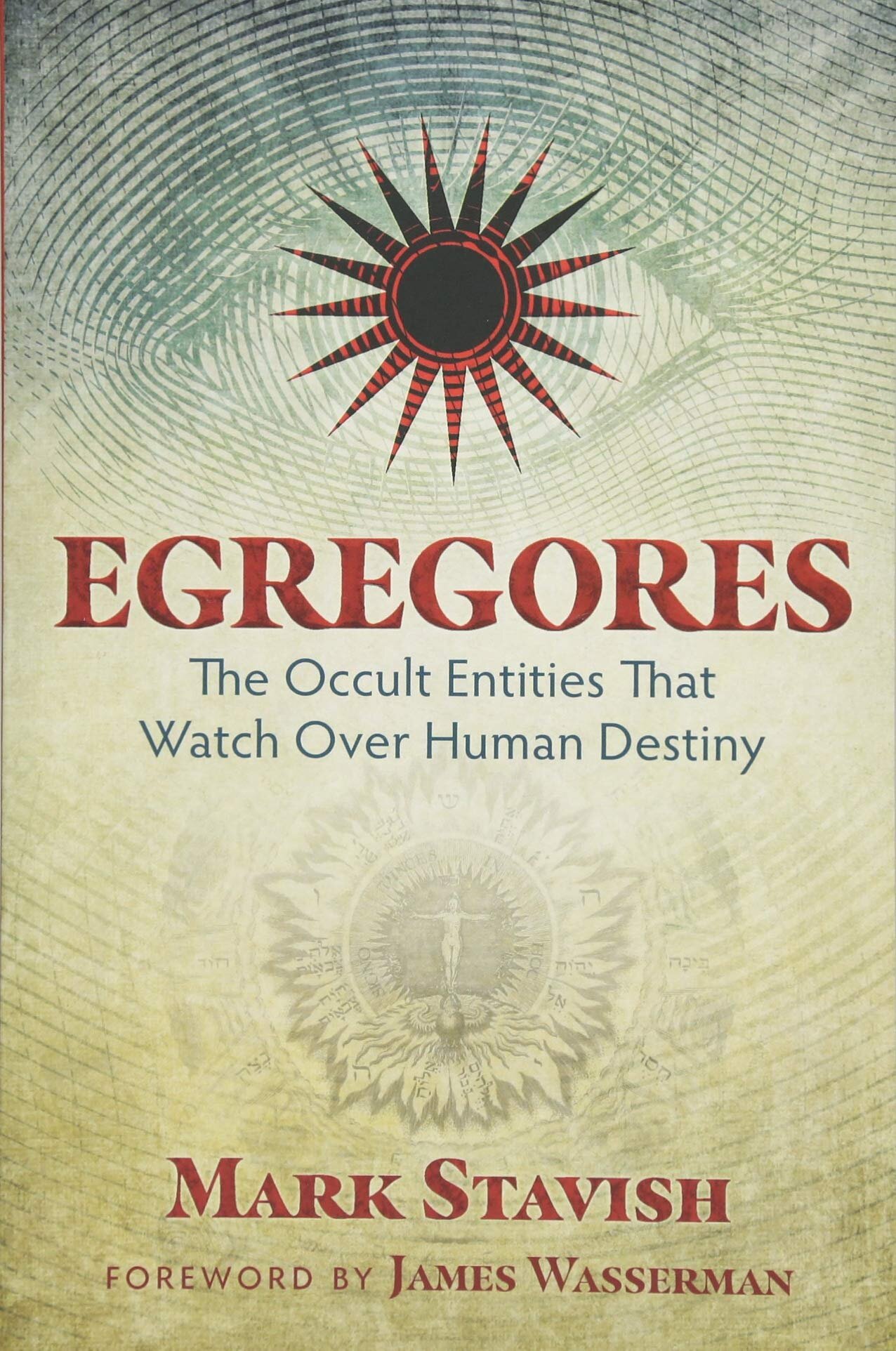
‘Egregores’ by Mark Stavish
Stavish takes on a once-popular idea, that of the Egregore, the spirit that leads groups, protects artifacts, and can inform those sympathetic to it. Most occultists assume such beings exist, and the popular fancy is that these vague but benevolent beings are leading mankind into some better existence. Stavish suggests that while egregores do exist, they might or might not have mankind’s best interests in heart.

‘Tantric Visions of the Divine Feminine’ by David Kinsley
[…] This is because worshipping the Mahavidyas offers access to a world of spirits that is parallel to the physical world and impinges upon it. […] Other features that are particularized here are skulls and severed heads, sexuality and awakened consciousness, the conjunction of death and sexual imagery, the roles of women and reverence for women, and finally the potentially liberating nature of social antimodels.
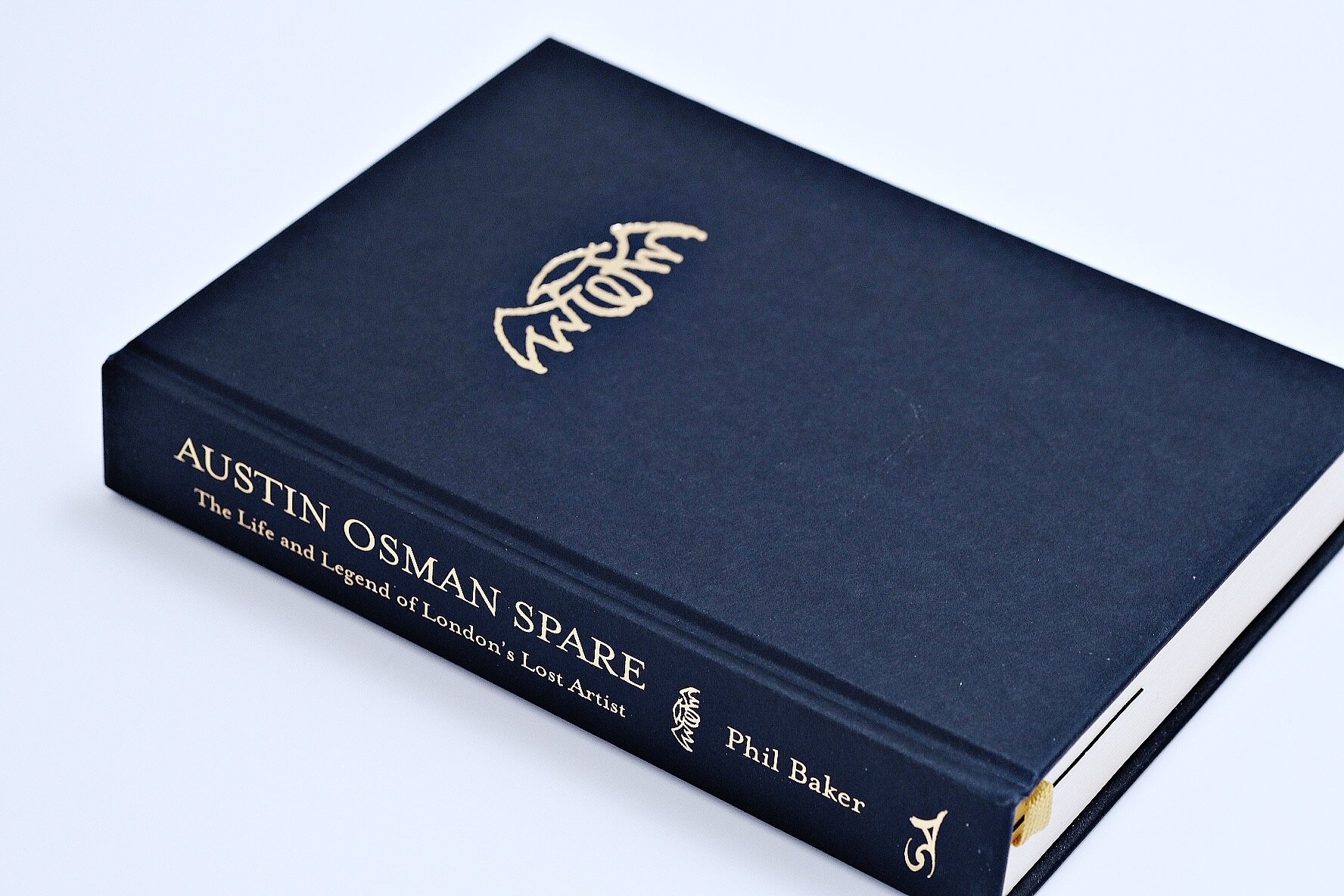
‘Austin Osman Spare’ by Phil Baker
(…) Spare, the unfathomable paradox: what may seem like a limp, lazy-minded cliché at first glance, is to this day probably still the best explanation we have for the unmitigated fascination irradiating from Spare the artist, the sorcerer, the visionary, the dreamer, the human being.

‘An Excellent Booke of the Arte Magicke’ by Legard & Cummins | 2nd Review
We have previously shared Craig ‘VI’ Slee’s review of the Excellent Booke; and we are delighted to now present a second in-depth review of the book, this time by Frater Acher. As you will see, both perspectives stand side by side in a mutually enriching way and hope to inspire more dialogue on and research into this fascinating magical source material.
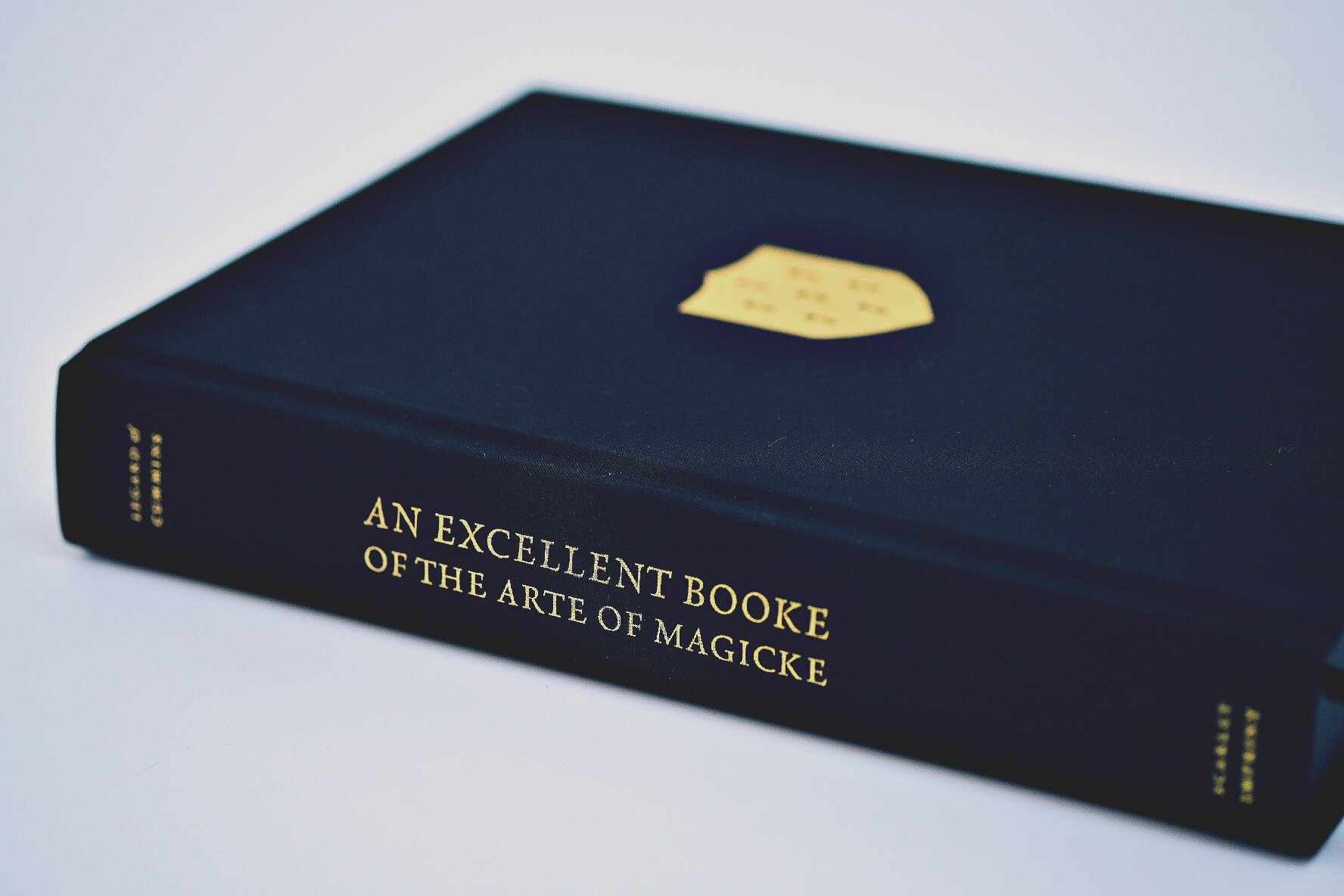
‘An Excellent Booke of the Arte of Magicke’ by Legard and Cummins
What a wonderfully mammoth task and resource Phil Legard and Al Cummins have both undertaken, and also given us, with this book. It provides us with something which should excite anybody with an interest in magic or the occult – a readable record of occult technique and experience leading to, and dealing with, talismanic books, treasures and arcana.
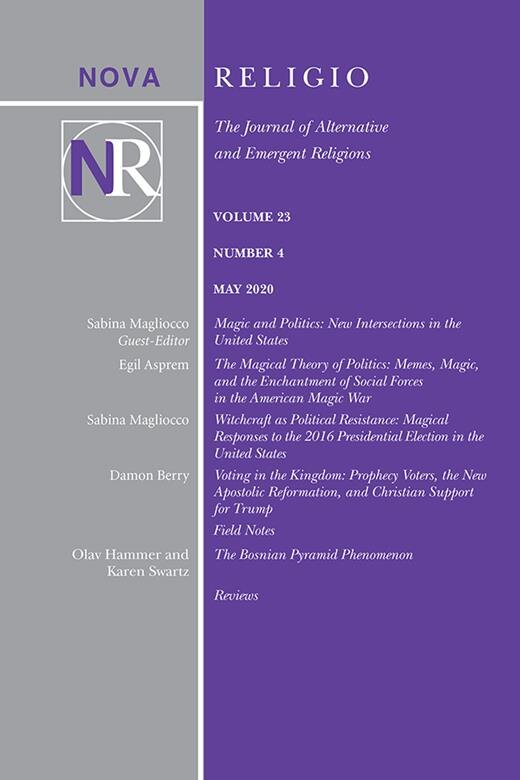
‘The Magical Theory of Politics’ by Egil Asprem
Asprem distinguishes three camps in the “magic war over the 45th president of the United States” (p. 17): the Cult of Kek, the Magic Resistance, and the Magic Reaction, a taxonomy primarily determining “three phases of the conflict that stand in a chronological and dialectical relationship to one another.” (p. 17)

‘Ajar To The Night’ by Autumn Richardson
Ajar To The Night comprises three poems. It has to be said from the outset that they possess a rare resonance, power and depth; one that affirms this collection as an important contribution to the longstanding tradition of a spiritualised and esoteric poetry.
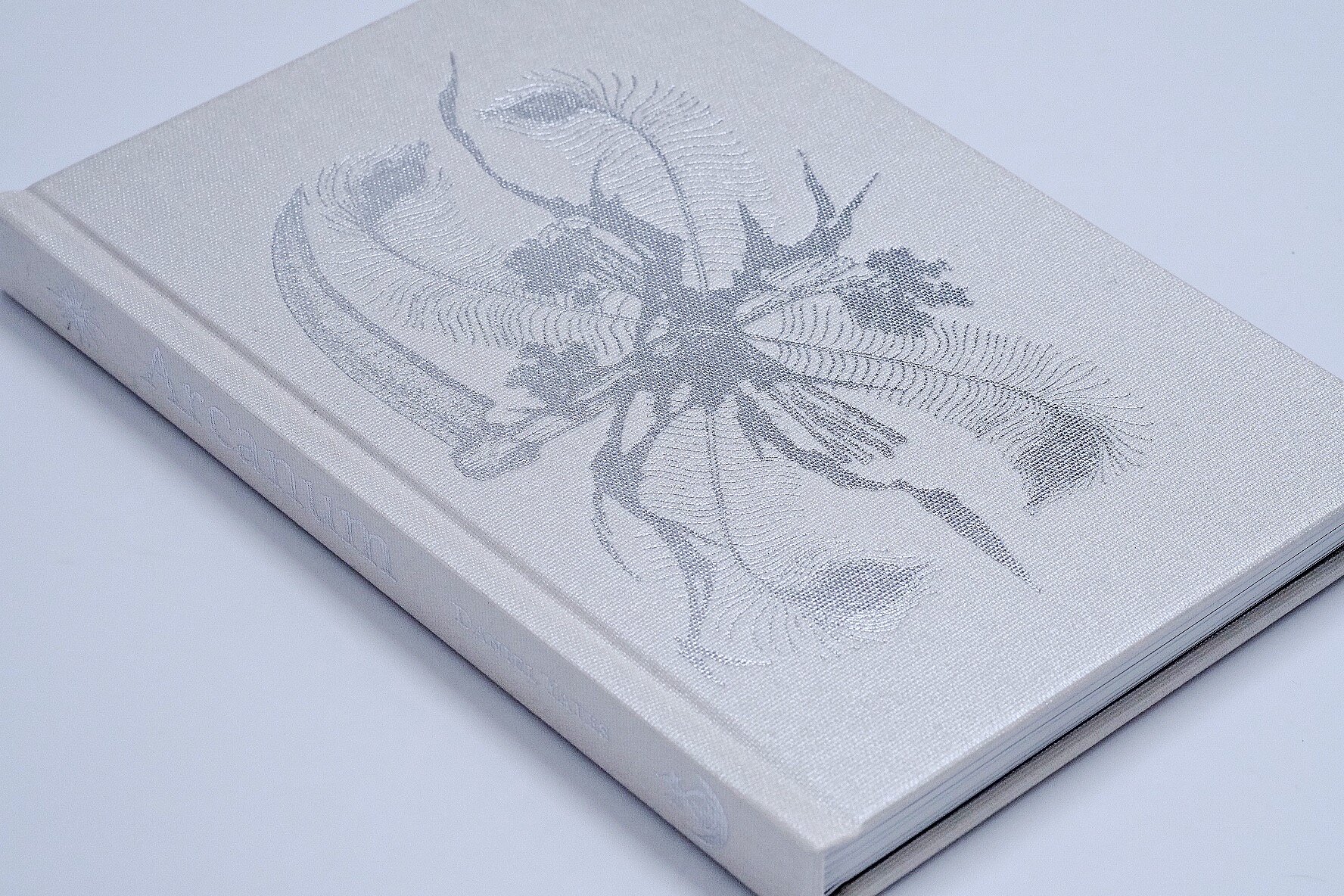
'ARCANUM' by Daniel Yates
Arcanum is a book almost entirely made up of images, of stunning macro-lens photographs taken by the highly talented Daniel Yates. Arcanum is also an assassin, as it perfectly understands the sequence of experiences it needs to take us on: From allowing us entrance, to slowing us down, to stilling our gaze, to drawing us in, to showing us a glimpse of the threshold its images can be, to finally pointing into the darkness beyond by means of its illuminating titles and chapters.
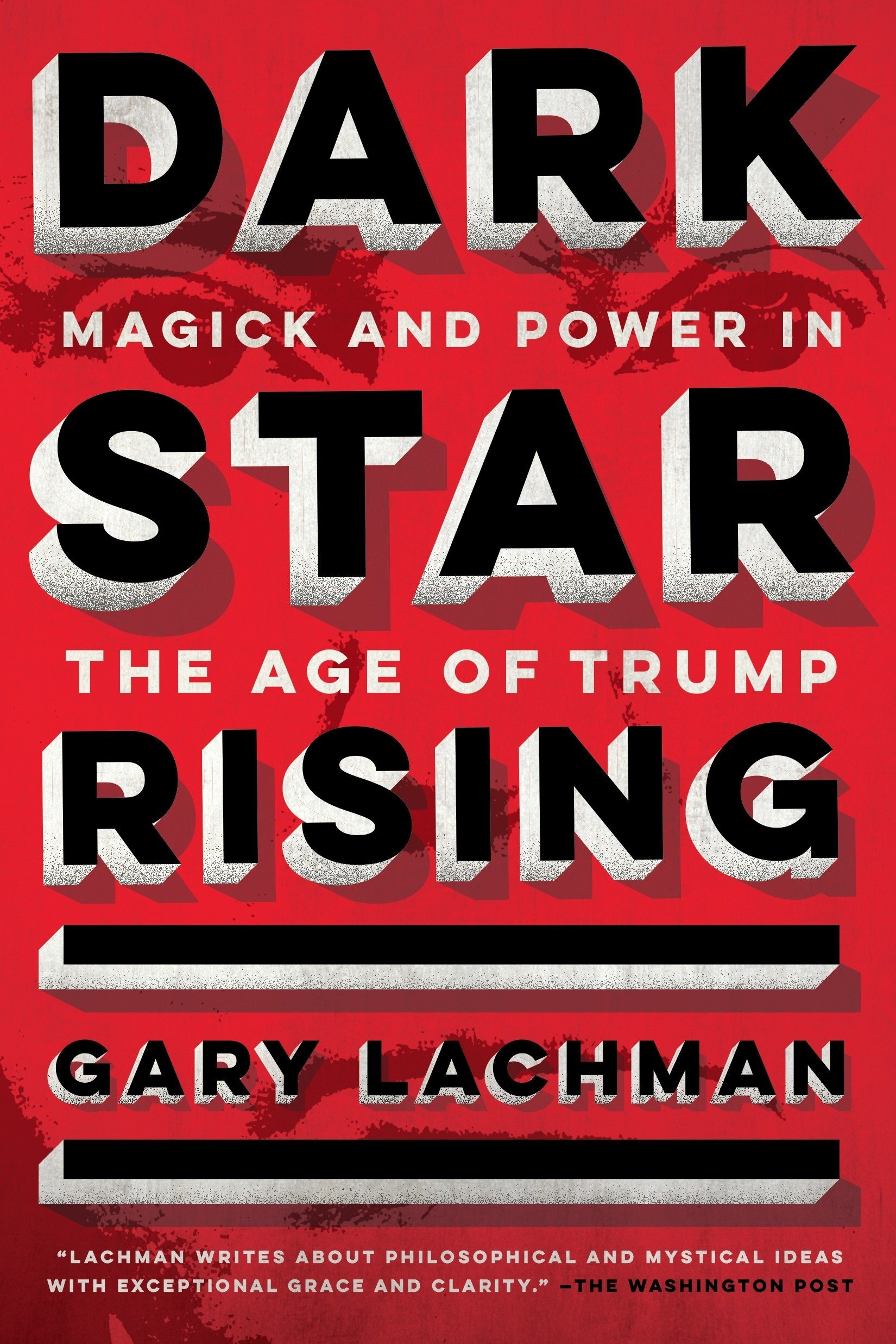
‘Dark Star Rising’ by Gary Lachman
While Lachman has deep-dived before into little known occultist tenets informing various political movements in history as a contrarian underground ontology of sorts, Dark Star Rising is rather different. It essays to render some rhyme and reason regarding an incumbent president of the United States (…): Donald Trump. Lachman (…) adopts a markedly phenomenological approach, opting for a reserved and sober analysis encompassing both Trump and his vast right-wing supporter base as well as their shared spiritual fundamentals.

